Montana Debt Settlement
Montana has one of the lowest populations in the United States, as the state was home to only 1,062,305 residents in 2018, ranking it 43rd in the nation, despite the fact that its area of 147,040 square miles places it fourth in the nation in terms of geographic size.
This results in Montana having a low population density of only 7.09 people per square mile, ranking it 48th in the country. Part of the reason for the state’s low population and population density is that the Western half of Montana includes 77 named mountain ranges that are considered part of the Rocky Mountains.

Montana is known by several unofficial nicknames, including “Big Sky Country” and “The Treasure State.” Not surprisingly, Montana’s relatively low population coincides with the Montana economy also ranking near the bottom of the nation, at 49th, as it generated a gross domestic product of only $49.6 billion in 2018.
Montana’s economy is primarily based on agriculture, with an emphasis on ranching and cereal grain farming. Abundant state resources include gold, silver, oil, gas, coal, and lumber.
Montana is also a hub for beer microbreweries, as the state ranks third in the nation in craft breweries per capita. However, the Montana’s fastest growing sector is tourism, with nearly 13 million tourists visiting Yellowstone National Park, Glacier National Park, Big Sky Resort, Flathead Lake, and other notable attractions. More than twelve people visit Montana each year than actually live there.
Montana’s median household income level of $53,385 ranks 38th in the nation and is 15% lower than the national median household income level of $63,030. The state’s poverty rate in 2019 was 14.4%.
Montana Economic and Debt Statistics
According to the Bureau of Labor Statistics, Montana’s unemployment rate stood at 3.4% as of November 2019, slightly lower than the national unemployment rate of 3.5%.
One category that Montana ranks near the top in is average household credit card debt. In fact, Montana residents carry substantially higher amounts of credit card debt than do residents of almost all other states – Montana ranks fifth in the nation here – checking in at an average level of $9,759 – 4.5% higher than the national average of indebted households of $9,333.
Montana Economic and Debt Statistics
Meantime, compared with the 2019 nationwide average FICO score of 703, the typical Montana resident’s 2019 FICO score checks in considerably stronger at 720, tied for eleventh highest in the nation.
According to the St. Louis Fed, as of Q4 2018, the Montana home ownership rate stood at 67.4%, somewhat higher than the national average of 64.8%, while a recent Experian report shows average mortgage debt of $180,926, an almost 3% increase compared to the figure in 2018, ranking it 21st in the country.
Meantime, the median sales price for a home in Montana during 2019 was $282,775. Regarding student loans, data compiled by Experian in 2019 indicates that Montana shows an average student loan debt per student borrower of $31,030, up 6.1% from the previous year and 27.2% from 2014.
Montana Residents and Debt Settlement
If you are a resident of Montana and are currently burdened by high levels of unsecured debt – including credit card accounts, private student loans, unpaid medical bills and personal loans – the process of pursuing debt settlement may make sense for you.
Debt settlement occurs when a debtor successfully negotiates a payoff amount for less than the total balance owed on a debt. This lower amount is agreed to by the creditor or collection agency and is fully documented in writing. Ideally, this lower negotiated amount is paid off in one lump sum, but it can be paid off over time.
Though creditors are under no legal obligation to accept debt settlement offers, negotiating and paying lower amounts to settle debts is far more common than many people realize.
Montana Consumer Debt Laws
Credit Card companies and other creditors are permitted to contact Montana residents directly regarding debts, particularly in a situation involving delinquent payments. However, debt collection agencies are required to comply with the the Federal Fair Debt Collection Practices Act (FDCPA), and are therefore prohibited from taking certain actions.
Under the FDCPA, collection agencies are prohibited from informing employers about a debt or attempting to collect a fee in excess of any debt owed. Debt collection agencies are also prohibited from communicating in a manner that simulates a judicial process or gives the appearance of a governmental action.
Additionally, debt collection agencies are prohibited from contacting debtors or debtor family members at unusual hours or with a frequency that may be reasonably construed under the law as harassment or abuse.
Unfortunately, unlike many other states, Montana does not supplement the FDCPA with its own state-mandated fair debt collection practice act, and therefore leaves its residents somewhat vulnerable to predatory collections practices by original creditors.
Although Montana law requires that collectors register with the state and obtain a license to collect debts, the law does not allow consumers to bring individual lawsuits. Therefore, Montana residents faced with abusive or harassing collection tactics are best protected under the FDCPA.

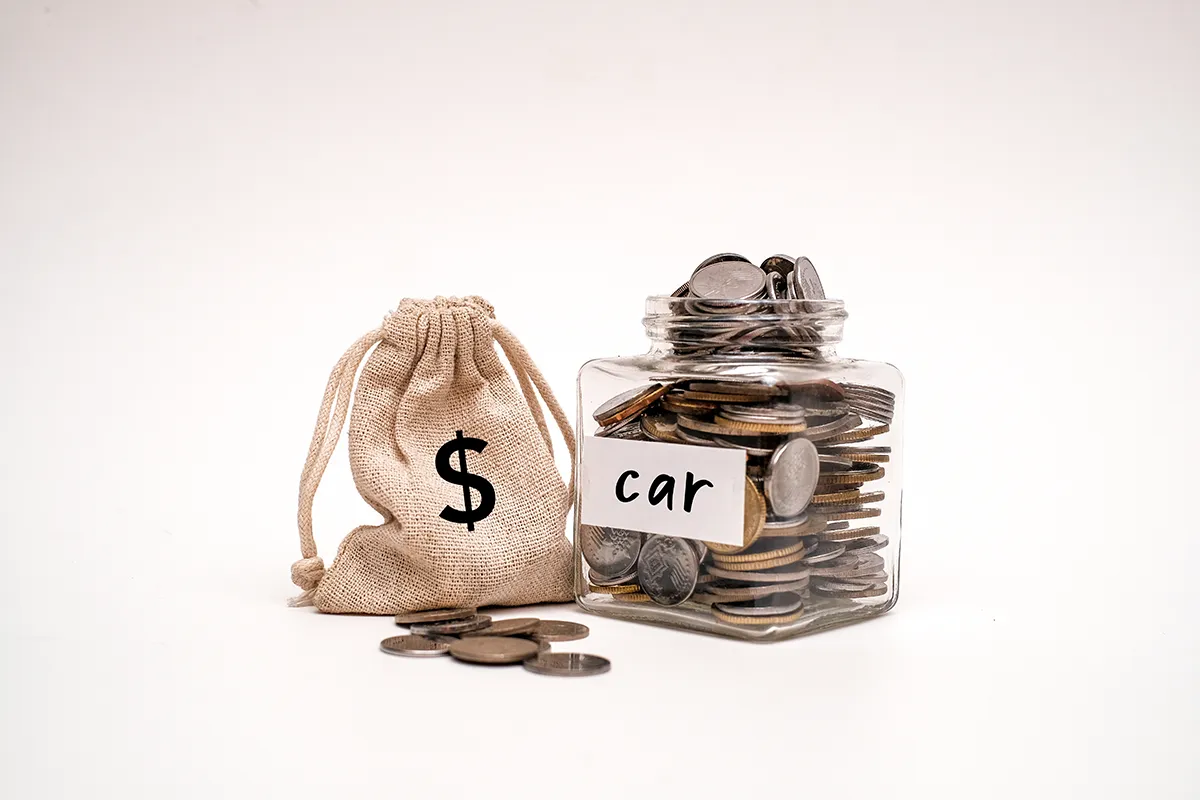
Montana Statute of Limitations on Debt Collection
When sufficient time passes in a situation in which consumer debts have gone unpaid, a debt collector can lose the legal right to sue for non-payment. In Montana, the statute of limitations on debt collection varies according to the type of debt involved. For written contracts, obligations and liabilities, the statute of limitations is eight years.
Verbal contracts, accounts or promises have a statute of limitations of five years. Verbal obligations and liabilities that are not contracts have a statute of limitations of three years. With judgments of decrees in any U.S. court, the statute of limitations is ten years. Judgments rendered in a court not of record have a six year statute of limitations.
For any time period, the clock begins ticking from the “date of default,” which is typically thirty days after the last payment was actually made. Additionally, any written acknowledgment signed by the debtor or any payment on a debt serves as sufficient evidence to “re-set the clock” and cause the statute of limitations to start over.
When debts remain unpaid prior to the statute time period elapsing in full, creditors maintain legal right to sue you for non-payment and are permitted to engage debt collection agencies who can make persistent attempts at collection, as long as they remain within the bounds of the FDCPA.
Debt Settlement - Do It Yourself?
Getting out of debt is never an easy process. If debt settlement is the right avenue for you to pursue, be honest with yourself. Decide whether you possess the background, strength and fortitude to negotiate directly with creditors yourself – or whether engaging the services of an experienced and reputable debt settlement company will serve your needs best.
Remember, the goal is to save the greatest amount of money and time while minimizing any ensuing damage to your credit score and profile. A reputable debt settlement company will provide a realistic estimate and time frame for making offers to your creditors that can ultimately result in settlements that save you significant amounts of money, time, and aggravation.
Contact us here at United Settlement, where our experienced credit counselors possess relationships with the major credit card lenders and a broad understanding of the debt marketplace. We can help you navigate these waters successfully.
Debt Resources & Additional Reading
Additional Related Insights & Articles
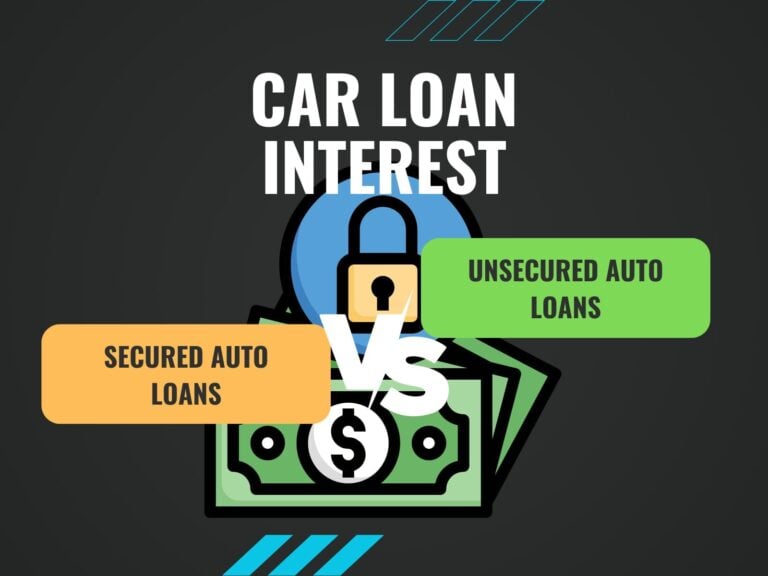
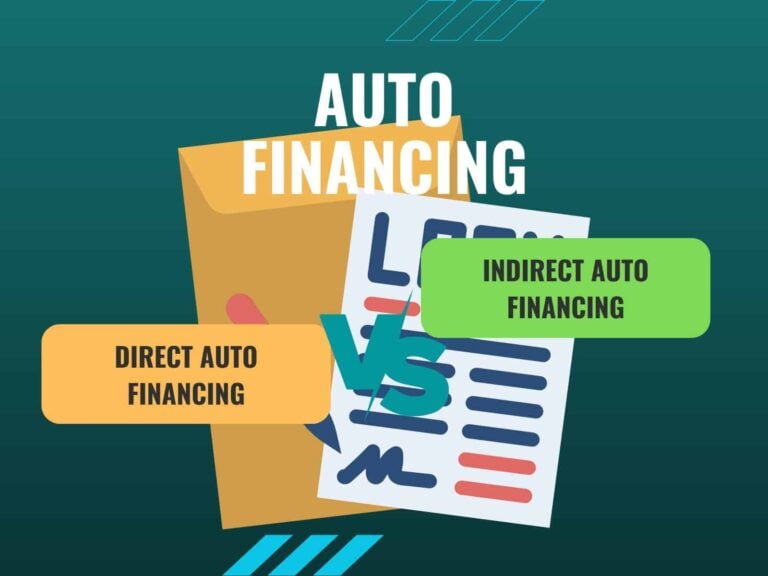
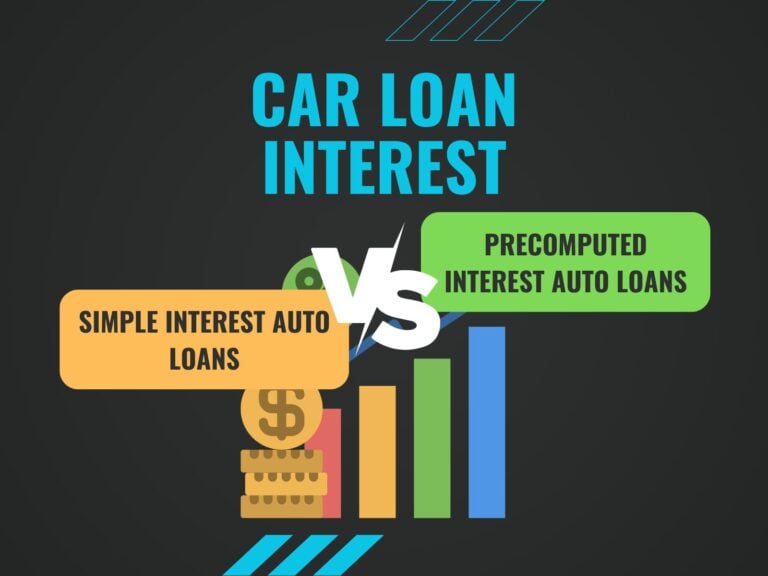
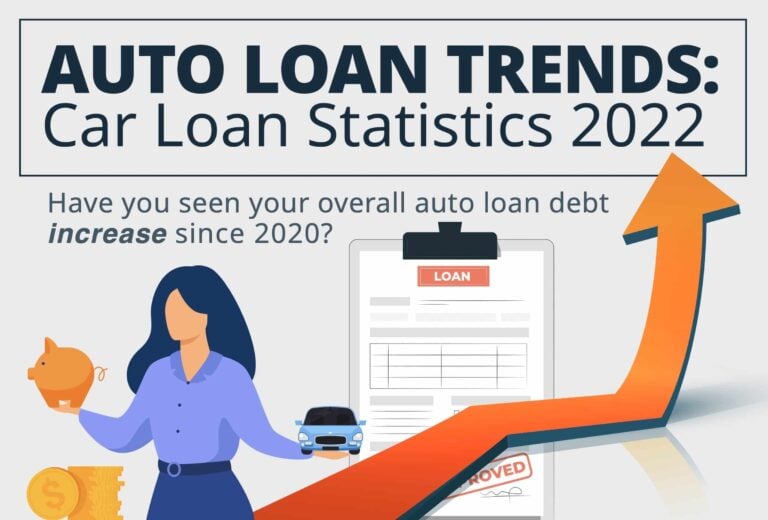



Debt Relief Reviews

Ready To Get Started?
See if you qualify for debt relief. Get a Free savings estimate to see how quickly you can be debt free.
Embrace financial freedom with our tailored solutions, expert guidance, and unwavering commitment to your success.
Experienced Professionals
Our experienced team has helped thousands of clients successfully eliminate debt and regain financial freedom.
Customized Solutions
We know every financial situation is different, so we design personalized debt relief plans to fit your specific needs and goals.
High Success Rate
Our proven debt relief strategies deliver real results. With a strong track record of success, we help clients achieve lasting financial stability.
Confidential Consultation
Your privacy is our priority. All debt relief consultations are 100% confidential and handled with the highest level of discretion.



